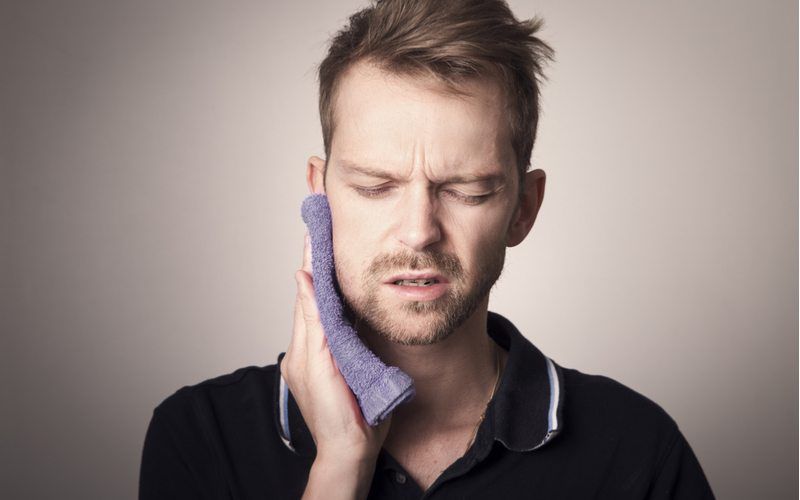Wisdom teeth are the teeth that grow at the back of your mouth. They’re one of the most common causes of complaints regarding pain and can cause other issues like crowding or intermingling of tooth roots.
There’s no perfect time to have your wisdom teeth removed, however, we prefer to remove them as early as possible. The younger a person is the less painful the recovery process. Oftentimes, if we have a patient that is older and their wisdom teeth aren’t causing them problems we’ll opt to leave the teeth in.
What classifies a wisdom tooth as impacted?
When your back teeth aren’t growing properly, they can become either be impacted or erupt improperly. Impacted teeth are teeth that are still below the surface of your gums and jawbone and have yet to push out. Typically these teeth are positioned sideways and can cause your surrounding teeth to shift, thus impacting both how your mouth functions and your appearance.
When a tooth partially erupts only a small portion emerges from the jawbone. This small portion is often hard to reach with a toothbrush and oddly situated, which makes it a perfect place for decay to occur.
An impacted tooth might not immediately cause problems, however, over time they can lead to things like intercepted roots, a shifted bite, and decay in surrounding teeth due to the shifting and crowding.
When should I get my wisdom teeth removed?
We don’t have a set age that we choose to remove teeth, but we prefer to operate on patients as soon as possible so that we don’t leave them at risk for future issues and offer them the best opportunity to heal. The sooner the better. The longer you wait the more likely you are to run into problems that take more time and money to fix.
What is wisdom tooth removal like?
Wisdom tooth removal is performed under general anesthesia, so you’ll neither remember nor feel the pain for the procedure. It typically lasts less than an hour and involves making a small incision into your gums, removing the teeth, then suturing the incision closed.
Once you’ve been woken up from anesthesia Dr. Movassaghi will review aftercare instructions with whoever brought you to surgery. Speaking of which, because you’ll be under general anesthesia you’ll need someone to drive you to and from surgery, as you’ll still be groggy and unable to operate a vehicle for the remainder of the day.
We’ll advise you on the foods to avoid (particularly hard or sticky foods) and give you some ideas for what you can eat in the first few days while you heal. Additionally, you’ll be given a clear schedule on how to ice your face to reduce excessive swelling.
